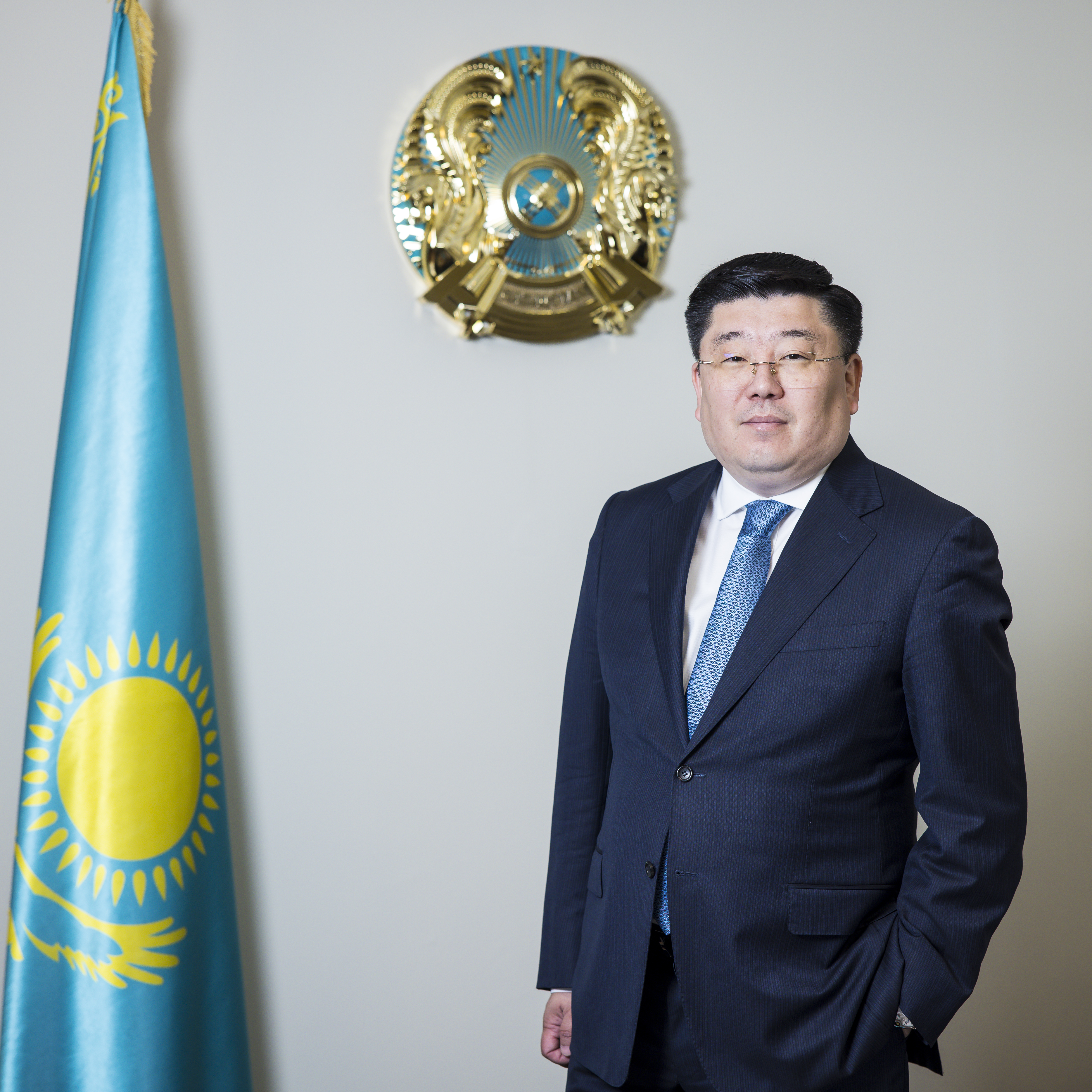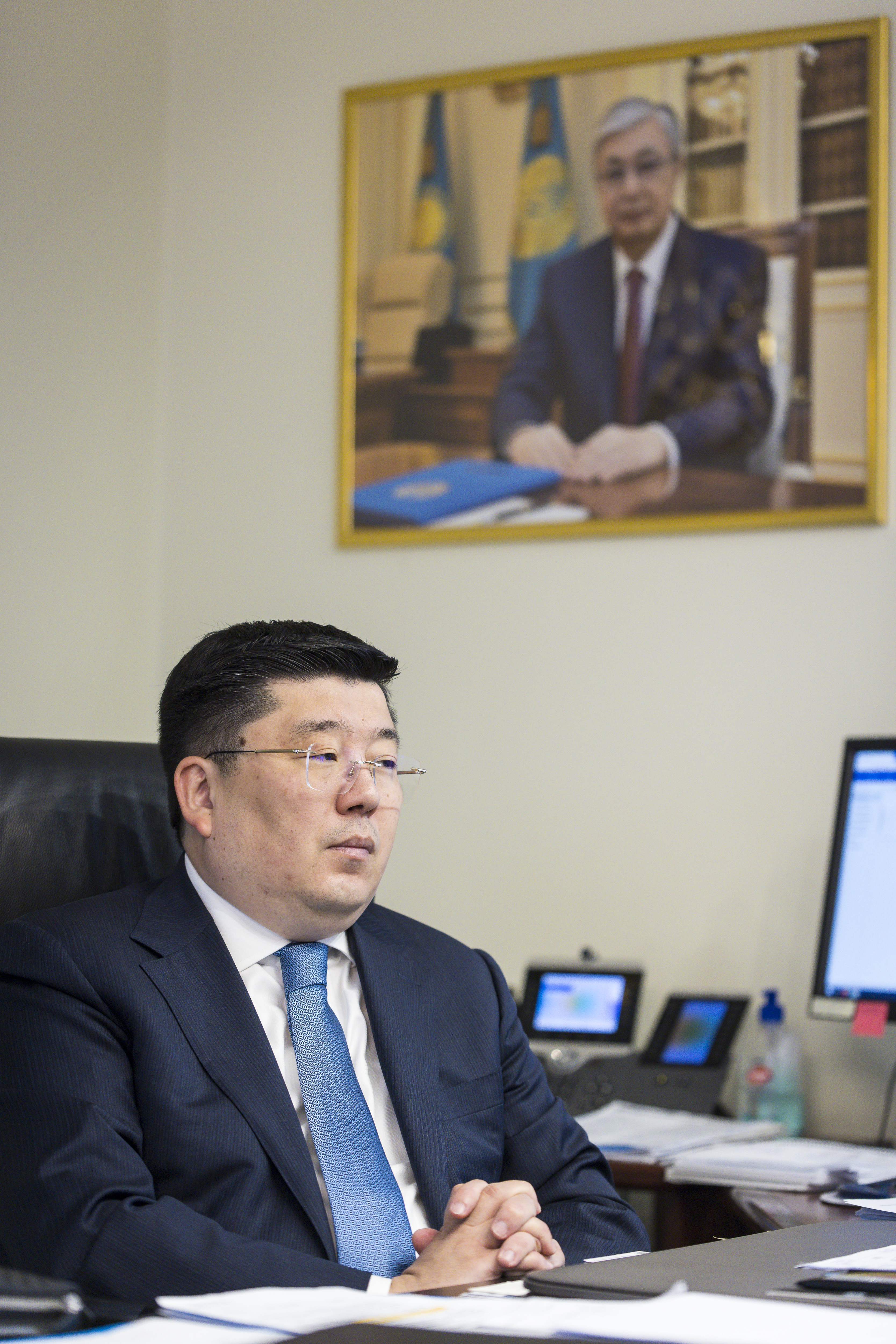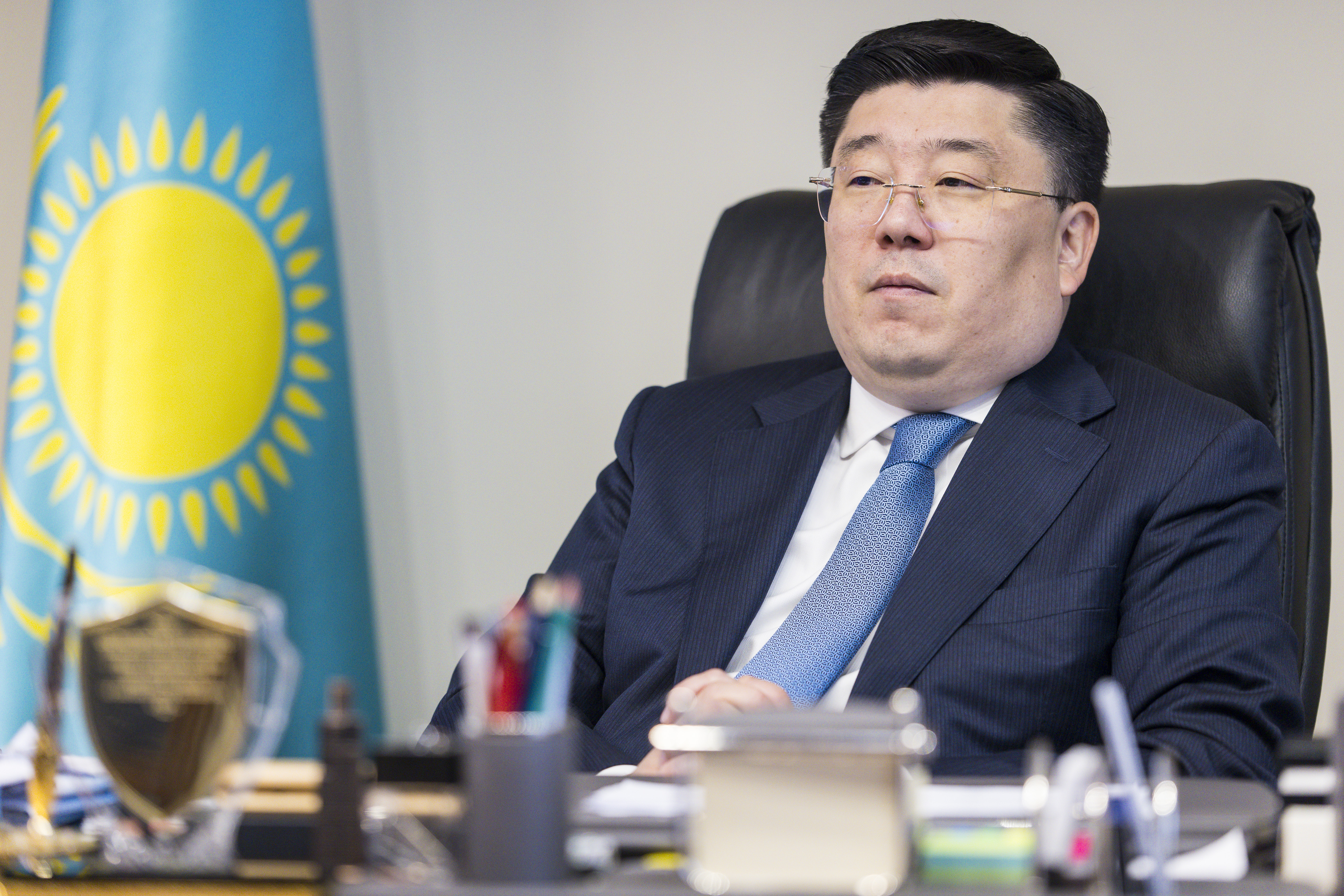
How did the Astana International Forum develop?
The history of the Astana Forum dates back to 2008. Our forum was organised jointly with the Government of the Republic of Kazakhstan and the Eurasian Economic Club of Scientists. Each session of the Astana Forum has its own theme. Since its foundation, the forum has been attended by more than eight thousand participants from hundred countries of the world. Among them there are heads of state, Nobel Prize winners, scientists and journalists. From 2008 to 2019, the forum was held every year. Then, as you know, the coronavirus pandemic started and until this year the forum was not held. Each forum has a different theme. The theme of this year's forum is "Overcoming Challenges through Dialogue: Towards Cooperation, Development and Progress". I should also note that the format of the Forum has been changed since this year. It is now officially called the Astana International Forum, which is designed to develop not only economic co-operation but also to offer solutions in the area of geopolitical relations.

What were the main topics of this year’s Forum?
The Astana International Forum opened its doors to its distinguished guests for the first time since 2019. Among them were the Emir of Qatar, the President of Kyrgyzstan, the Chairman of the Presidency of Bosnia and Herzegovina, and the Prime Minister of Uzbekistan. The theme of this year's forum is "Overcoming Challenges through Dialogue: Towards Cooperation, Development and Progress". As the President of Kazakhstan, Kassym-Jomart Tokayev, rightly pointed out, this year's forum was an excellent opportunity to openly discuss the situation in the world; to identify the main challenges and crises facing all humanity; to renew and restore the common culture of multilateral relations and to strengthen voices in favour of peace, progress and solidarity. We are confident that the Astana International Forum and the decisions taken at it will foster greater interaction at a time when we need it more than ever - at a time of unprecedented geopolitical tension.

What initiatives were proposed by your country within the framework of the Forum?
In the context of instability in the international arena, geopolitical upheavals and the fragility of the established world order after the Second World War, the Republic of Kazakhstan is committed to the course that the UN is the only global organisation that unites all mankind. At the same time, the President of Kazakhstan proposed to reform the Security Council so that the voices of the representatives of the "middle powers" in the Council would be more weighty and heard.
Our country continues to make maximum efforts for nuclear disarmament and is committed to the Treaty on the Non-Proliferation of Nuclear Weapons. This is an extremely important initiative and vector in the country's foreign policy, because, as you know, Kazakhstan voluntarily renounced nuclear weapons at the dawn of its independence.
Kazakhstan is making active efforts to end the civil war in the Syrian Arab Republic. Since 2017, peace talks have been held in Astana. On 20-21 June this year, the 20th International Meeting was held, during which it was announced that the Astana negotiation process on Syria can officially be considered completed. That is due to Syria's gradual emergence from isolation in the region and its return to the larger Arab family. We believe that the Astana process has fulfilled its task with honour.
In addition, Kazakhstan is involved in overcoming the humanitarian crisis in Afghanistan. Our country is also actively engaged in developing food security there. Kazakhstan has already allocated 100,000 USD for this purpose. This programme is implemented jointly with IOFS (Islamic Organisation for Food Security). Within the framework of the Astana International Forum, the President of the country proposed to establish a UN Regional Centre on Sustainable Development Goals for Central Asia and Afghanistan in Almaty.

The proposed initiatives of Kazakhstan are really striking in their scale. How will your country implement them?
During the Astana International Forum it was announced that Kazakhstan will make every effort to support friendly relations with our global and regional partners. Kazakhstan firmly intends to deepen and expand co-operation with the countries of Central Asia. At the same time, it should be noted that Kazakhstan is an active participant in the Belt and Road Inititative, which is an important mechanism for strengthening inter-state relations in the Eurasian region. Our country intends to further develop the Middle Corridor linking China and the European Union. Taking into account all these factors, we would not be wrong to say that today Kazakhstan has become a global and important trade and economic partner.
Were the issues of green economy development discussed at the forum in Astana?
These questions are really relevant for the whole region of Central Asia. And they could not but be discussed within the framework of the forum. To prevent an ecological catastrophe, Kazakhstan calls for allocating more resources to the International Fund for Saving the Aral Sea. The water problem and climate change are closely linked. Central Asia is a region where water security can be achieved only through close cooperation and effectively selected joint measures of the entire international community. To discuss these and other climate-related issues in the region, President Kassym-Jomart Tokayev proposed to establish a Central Asia Project Office in Almaty and to hold a Regional Climate Summit in Kazakhstan in 2026 under the auspices of the UN and other international organisations. The development of green economy and decarbonisation requires efforts of the whole international community, close cooperation and coordination of all states.
The author is managing editor at Eurasia Magazine